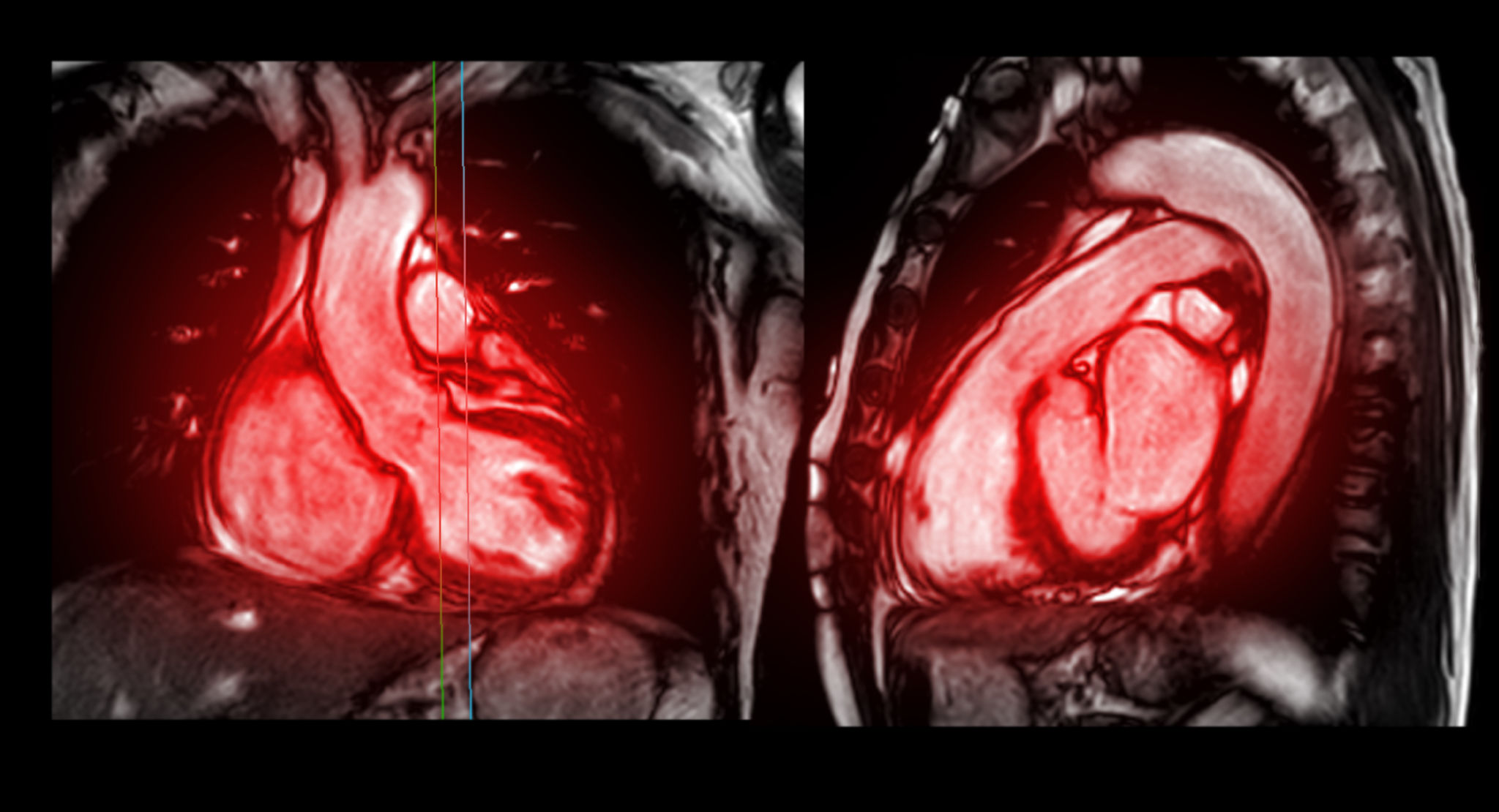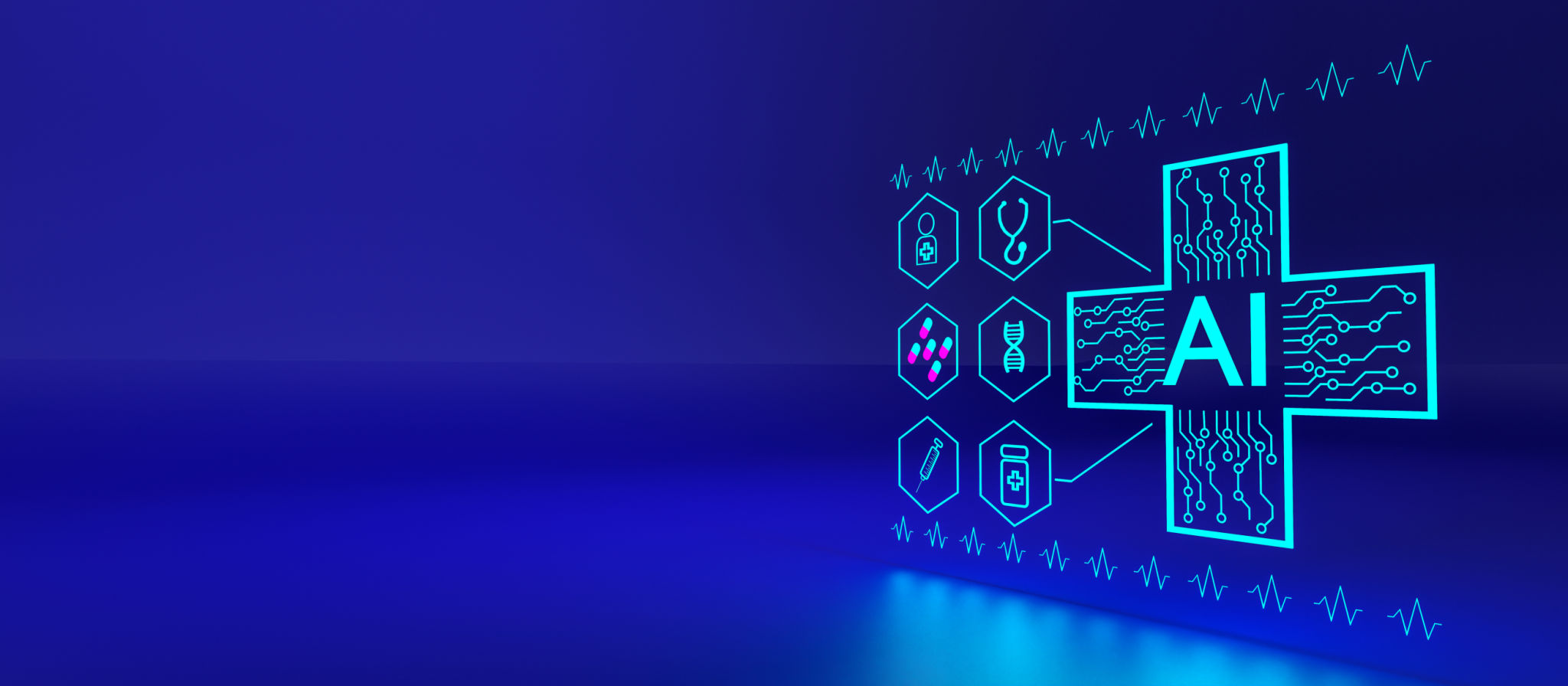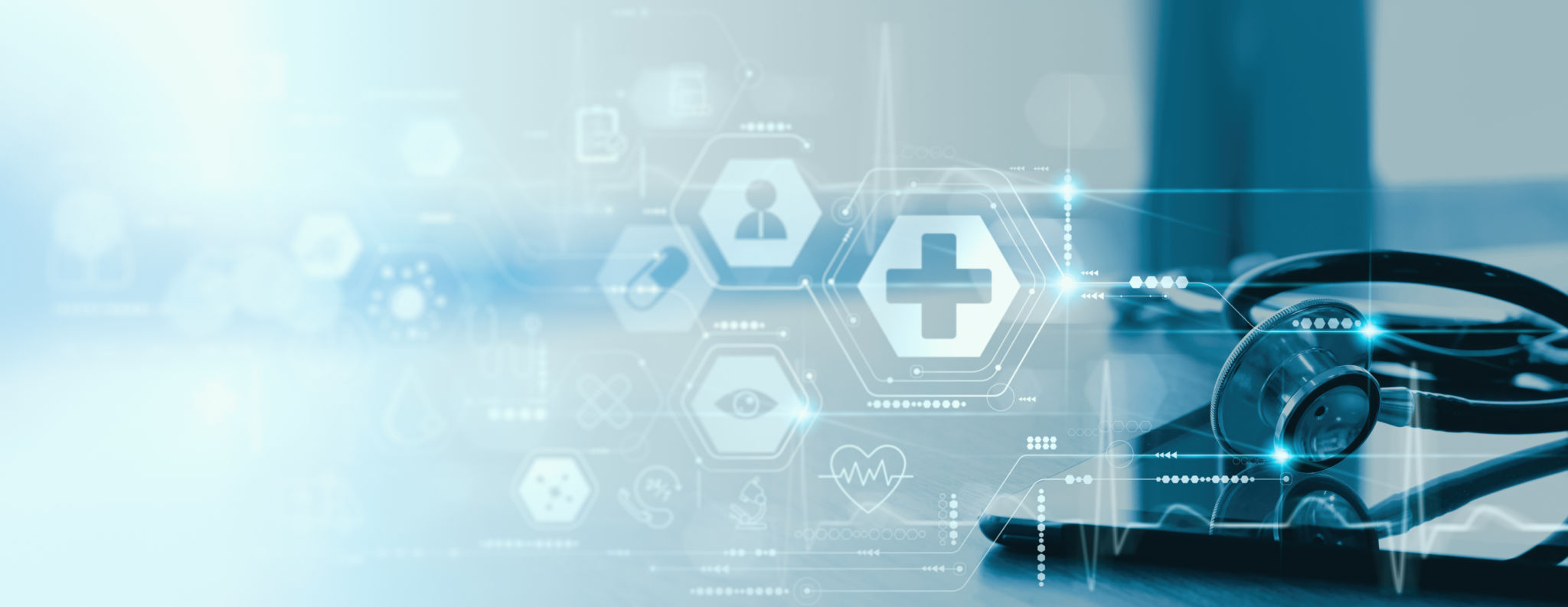MedTech Innovations: How CARDIO AI is Enhancing Cardiac Diagnosis
The Role of CARDIO AI in Cardiac Diagnosis
Artificial Intelligence (AI) is revolutionizing various aspects of healthcare, and cardiac diagnosis is no exception. With the integration of AI technologies, the process of diagnosing heart conditions is becoming more accurate and efficient. This advancement not only enhances patient outcomes but also alleviates the workload on healthcare professionals.
AI algorithms are capable of analyzing vast amounts of data quickly and accurately. In cardiac diagnosis, this means that AI can process patient information, such as medical histories and test results, to identify potential heart issues. By doing so, AI assists cardiologists in making more informed and timely decisions.

Advanced Imaging Techniques
One of the most significant contributions of AI to cardiac diagnosis is through advanced imaging techniques. AI-powered imaging tools are enhancing the precision of cardiac assessments. These tools can detect subtle anomalies in heart structures that might be overlooked by the human eye.
For instance, our AI-based echocardiograms and MRI scans can provide detailed insights into heart function and structure. This level of detail is crucial for diagnosing complex conditions like congenital heart defects and cardiomyopathies. As a result, patients receive more tailored treatment plans that address their specific needs.

Predictive Analytics and Risk Assessment
Another area where ourAI excels is in predictive analytics and risk assessment. By analyzing patterns in patient data, our AI alogorithms can predict the likelihood of future cardiac events, such as heart attacks or strokes. This ability allows healthcare providers to implement preventive measures well in advance.
Our AI-driven risk assessment tools consider various factors, including age, lifestyle, genetic predispositions, and existing health conditions. With this comprehensive analysis, our AI technology helps identify high-risk patients who may benefit from more rigorous monitoring or early intervention strategies.

Remote Monitoring and Telehealth
Our AI is also playing a pivotal role in remote monitoring and telehealth services for cardiac patients. Wearable devices equipped with AI capabilities can continuously monitor heart rate, blood pressure, and other vital signs. This data is then transmitted to healthcare providers for real-time analysis.
Through telehealth platforms, patients can receive feedback on their heart health from the comfort of their homes. This convenience not only improves patient engagement but also ensures timely medical attention when necessary. The integration of AI in remote monitoring significantly enhances the management of chronic heart conditions.
Challenges and Future Prospects
While the benefits of AI in cardiac diagnosis are undeniable, there are challenges that need to be addressed. Data privacy concerns, the need for large datasets to train AI models, and the integration of AI into existing healthcare systems are among the primary obstacles.
Nevertheless, the future prospects of AI in cardiac care are promising. Continuous advancements in machine learning and data analytics are expected to further refine AI applications in this field. As these technologies evolve, they will likely lead to even more innovative solutions that improve cardiac diagnosis and patient care.

